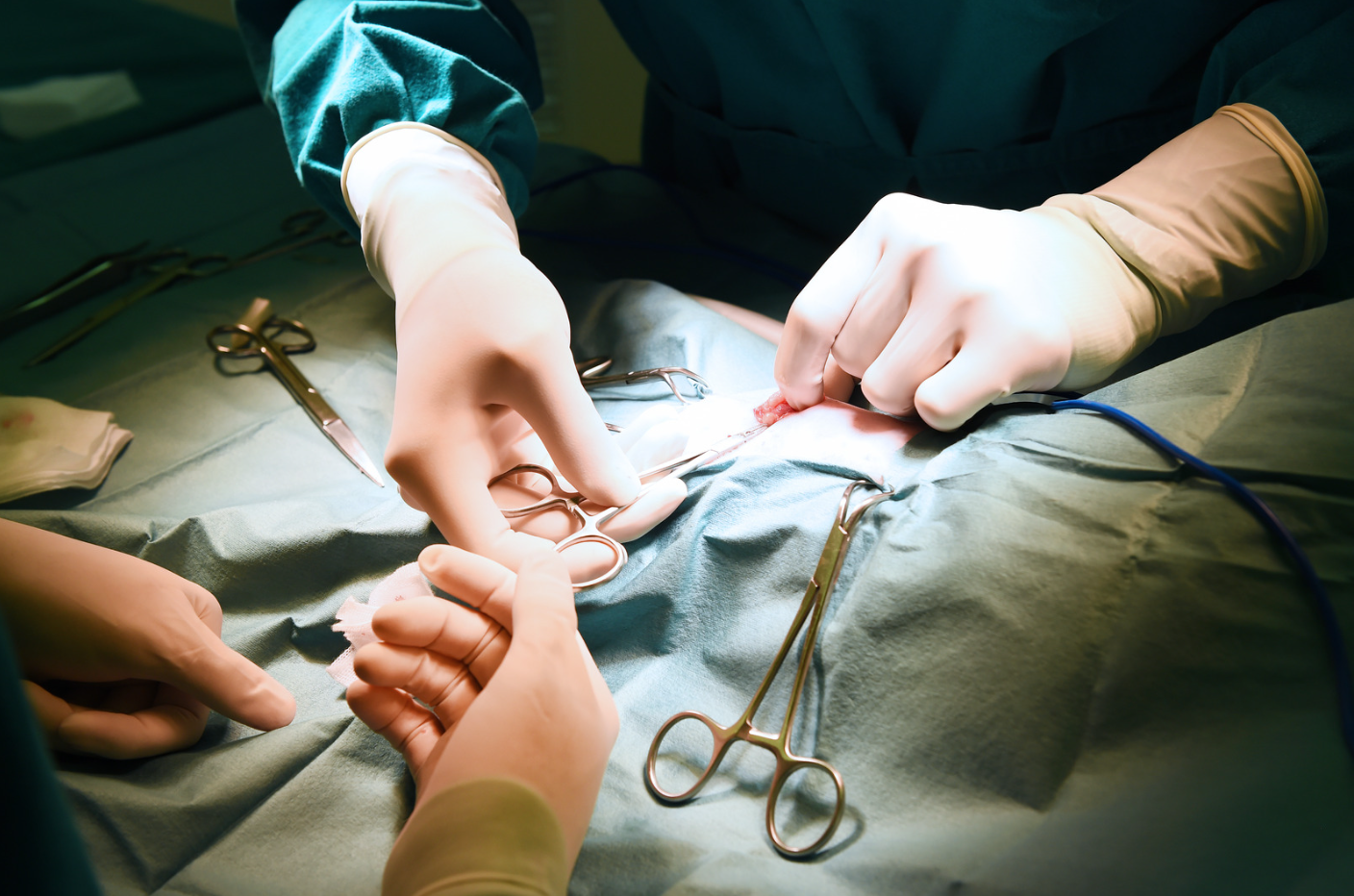Periodontal Surgery
Periodontal surgery may involve a variety of procedures, depending on the severity and extent of the gum disease. Some common periodontal surgery procedures include:
Flap Surgery
Bone Grafting
Guided tissue regeneration
Soft tissue grafting
It can also improve the appearance of the smile by correcting issues such as receding gums. However, like all surgeries, there are potential risks and complications associated with periodontal surgery, and it is important to discuss these with your dentist or periodontist to determine if it is the best treatment option for your individual needs.


